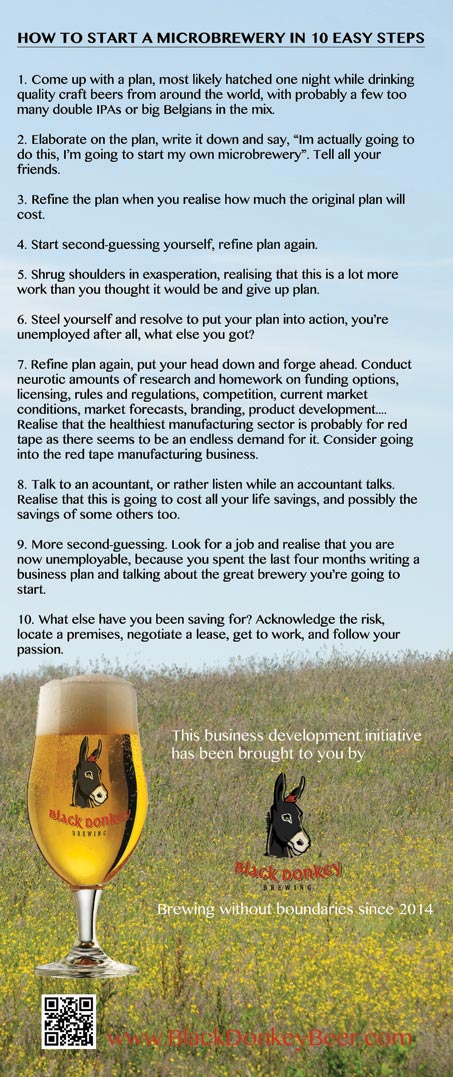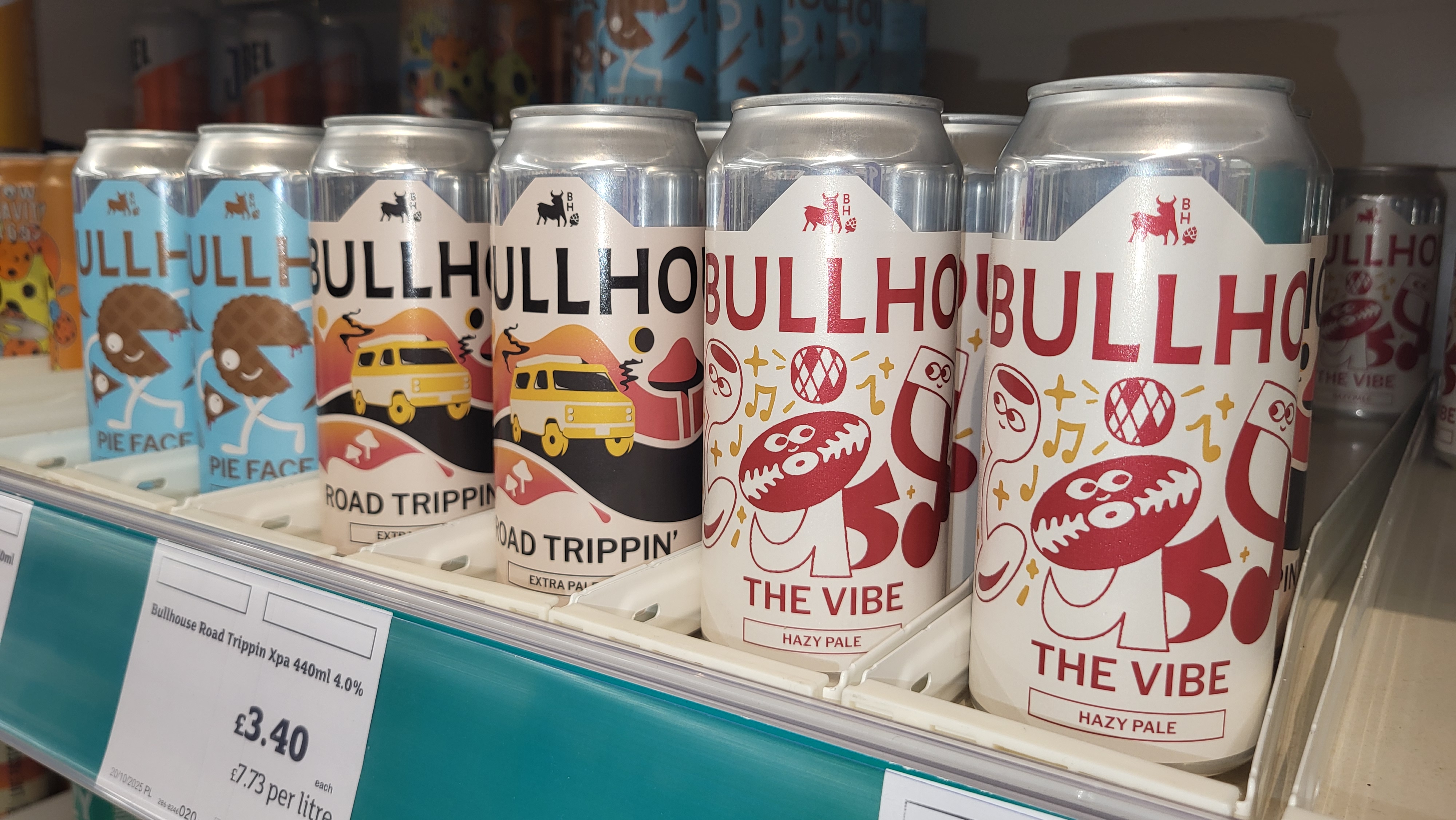In the early YellowBelly days, we were brewing in the basement of Simon Lambert & Sons pub on a custom-built, 180 litre brew kit. What it lacked in size, it made up for in beauty and design, featuring a host of modern pumps, probes and gadgets.
The four-vessel system was adapted for use by a local engineering firm and then clad in-house with insulation and reclaimed oak planks, salvaged from a wrecked ship in Wexford’s quay some many years previous.
It may have been small, but it allowed us to experiment with both old, unfavoured styles as well as play around with a multitude of different hop combinations and malt bills. All paving the way to the dialled in core range we proudly offer today.
Although we tended to brew something new every day, there were a handful of constants, like our house Lager, rotating kettle sours and Summer Ale.
Summer Ale was constantly pouring on the bar upstairs and was responsible for a lot of the pub regulars switching allegiances from the “Black Stuff” to that Pale Ale stuff!
Brewed with German ale malt, Wheat, Munich and Belgian Café Light malt, it was a lovely, hazy, golden orange in colour and wasn’t even dry hopped! All the flavour coming from the late kettle addition of the American hop, Columbus, with a little support from the English East Kent Golding hop at the start of the boil.
All that Summer Ale brewing allowed us to hone our skills with building up a decent pale ale base to allow something really punchy and fruity to shine through an unobstructive malt base. Towards the end of summer 2015, we introduced what some locals dubbed the “Mortal Kombat” range, namely Pale Ale MK1, Pale Ale MK2, Pale Ale MK3 etc.
This experimental range continued through the rest of that year, each time tweaking something a little more. Changing the Wheat/Munich ratios, adjusting Sulphate/Chloride levels, bringing the mash temps up or down, and finally changing the dry hop both in method and hop selection. It wasn’t until January 2016 that we had something reminiscent of today’s award-winning Citra Pale Ale.
Back then, we bittered with a Czech hop, Agnus, but supply issues saw this fall out of favour over the years. The German Hersbrucker also featured quite heavily late in the boil until early 2017. As the craft beer-loving population was growing and more people were getting accustomed to the taste of actual real hops in beer, we started to creep our dry hop addition of Citra gradually upwards. But this made it harder to pick out the Hersbrucker. At the time, Huell Melon also featured in the dry hop, and as we were doing a subtle refresh on the recipe, we decided to drop this back a stage. So now Citra Pale Ale was brewed with all Huell Melon in the kettle at three different stages and all Citra in the dry hop at a rate of 4 grams per litre. This increased to 8 grams per litre soon after as the thirst for hops continued.
For the first year of its life, the only way to enjoy this beer was on draught. Mainly in Wexford, with some occasional journeys around the country, this helped develop its cult status. The demand for this beer encouraged us to take a dive and move into a new unit just outside Wexford Town, where we are still based today. This new brewery housed a 6,000 litre brewhouse, but just as importantly, it was also home to our new Wild Goose Canning Line. So we could now get Citra all over Ireland and beyond. In May 2017, we put Citra into a can for the first time, and we have not looked back since.
Citra now proudly sits in 440ml cans as opposed to its 330ml debut and is available nationwide and across Europe. We work hand in hand with some of the best distributors and retailers around, helping us expand our reach. Citra accounts for about 70% of our production and is packaged every week, maintaining that fresh flavour our customers come to expect.
We hope you enjoy drinking our Citra Pale Ale as much as we enjoy still brewing it today!
The beer that built a brewery…






